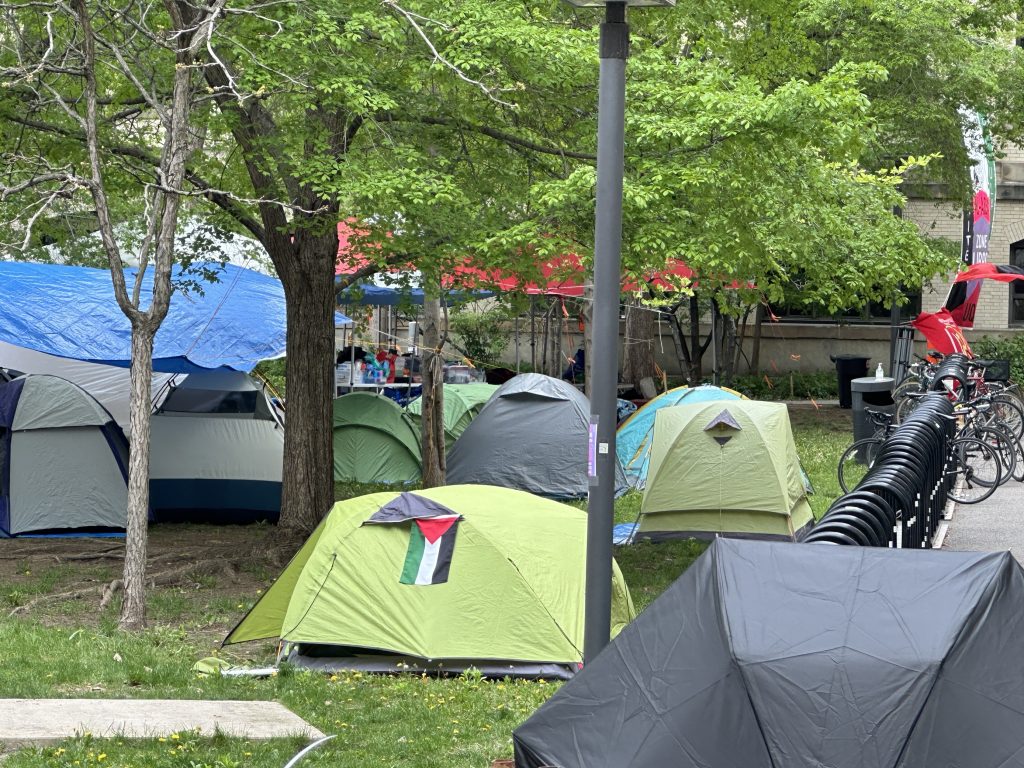Quebec activists believe there’s a correlation between socioeconomic standing and violence
Posted April 6, 2021 3:03 pm.
Last Updated April 6, 2021 7:02 pm.
MONTREAL – Activists in Quebec don’t believe there is any correlation between ethnicity and violence, but they do believe there is one between violence and someone’s socioeconomic standing.
Five out of the last eight femicides in Quebec this year have been of women of colour.
“People of colour in Montreal, tend to experience disproportionate effects of stigmatization, disadvantages due to the pandemic. So, we have to ask ourselves whether those seriocomic impacts of COVID-19 have had something to do with the death of these women,” said Fo Niemi with the Center for Research-Action on Race Relations.
Some community organizations say it’s even more of a reason for the province to start collecting race-based data.
“You can’t discuss anything with the government if you don’t have your figures. If you don’t have visibility of the problems, you want to expose. And this visibility comes from having statistics. The very very first step in advocacy is knowing what you are discussing,” said Gaëlle Fedida, a coordinator with Alliance MH2.
RELATED:
- ‘They’re essentially the problem’: Advocates say men need to be allies for women in abusive relationships
- ‘It’s a social disease’: Advocates push for widespread adoption of term ‘femicide’
- ‘We are extremely worried’: Rise in femicides has advocates, shelters requesting more resources
“When we tell François Legault he needs to collect race-based data, you know what he’s been telling us? ‘Well, that’s sensitive.’ The answer I give him is, ‘Sensitive to who? Sensitive to you? Because you know we are going to expose a lot of this inequality and social injustice? Or is it insensitive to us?” said Thierry Lindor the founder of The Colors of COVID.
Niemi says that if race-based data is collected, we need to make sure we’re steering clear of letting it perpetuate harmful stereotypes.
“Keep in mind that we have to be careful and have to make sure we don’t end up stigmatizing or generalizing to the point where we are creating very dangerous stereotypes. And making race the overriding issue in cases of domestic violence,” said Niemi.
Since the start of the pandemic, there have been 13 femicide cases in Quebec, eight in the last nine weeks.
The premier recently guaranteed there will not be a funding problem to help combat violence against women–something community groups are for, but they say the issue is too complex to be contained in just one file.
“Because domestic violence is essentially a crime against women and there are so many factors involved, we have to look at these things very multidimensionally and the data should also be collected multidimensionally as well,” said Niemi.
“BIPOC people are about 7.2 per cent of the Canadian population, but in Quebec right now, five out of eight are murdered by us. That is close to 60 per cent. And we can’t stop at saying Black and brown men are killing our women–we can ask why,” said Lindor.
“What if there was a correlation between socioeconomic context and opportunities and committing acts of violence? Because, let’s face it: what do Indigenous people have in common with us, Black people, in Canada? We are oppressed socioeconomically.”



